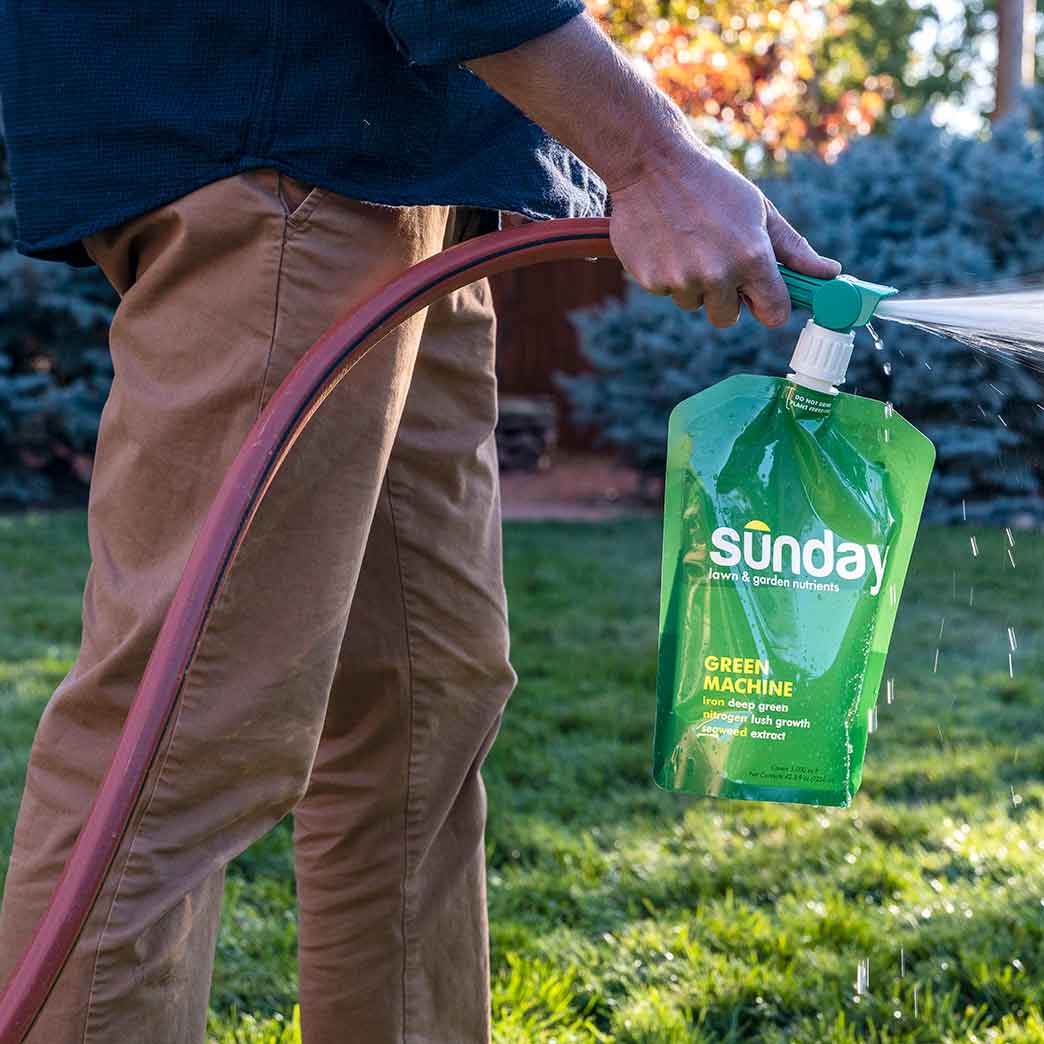Welcome to Super Secrets, a GOLF.com series in which we pick the brains of the game’s leading superintendents. By illuminating how course maintenance crews ply their trades, we’re hopeful we can not only give you a deeper appreciation for the important, innovative work they do but also provide you with maintenance tips that you can apply to your own little patch of paradise. Happy gardening!
***
“Golf is deceptively simple and endlessly complicated,” Arnold Palmer once observed. He could have said the same about course maintenance.
Take repairing divots in the fairway, a fundamental expectation. It’s not an arduous task. But there’s a proper technique for it that a lot of golfers botch.
Mark Patterson — a longtime member of the Golf Course Superintendents Association of America, and superintendent at Legacy Golf Club at Lake Wood Ranch and Serenoa Golf Club in Florida — walks us through the dos and don’ts.
Don’t: Use useless shrapnel
You’ve just taken a shot and torn up a tuft of turf. You might be tempted to put that grass toupee right back in place. With cool-season grasses, like rye, bentgrass and fescue, that can work, Patterson says, provided the roots are still intact. With warm-season grasses, like Bermuda and zoysia, it’s a different story. They’re rhizomatous, which means they grow from sprigs. A replaced divot won’t take root again. The proper approach is to fill the torn-up ground with sand.

Sunday Custom Lawn Care Plans
Do: Fill it evenly
As Goldilocks could tell you, too much is no good. Same with too little. If you under-fill the divot, it will leave a small depression in the fairway. Overfill, and you wind up with a hump. Filling the sand so that it is level with the surrounding turf. That’s just right.
Do: Step on it
A foot wedge is illegal. But a foot swipe? That’s essential. Once you’ve filled the divot, step on it gently and slide your foot back and forth to smooth out the sand and further level it with the surrounding turf. If you’re replacing a divot, do something similar. Step gently on it, pressing down to help the roots make contact with the soil.









